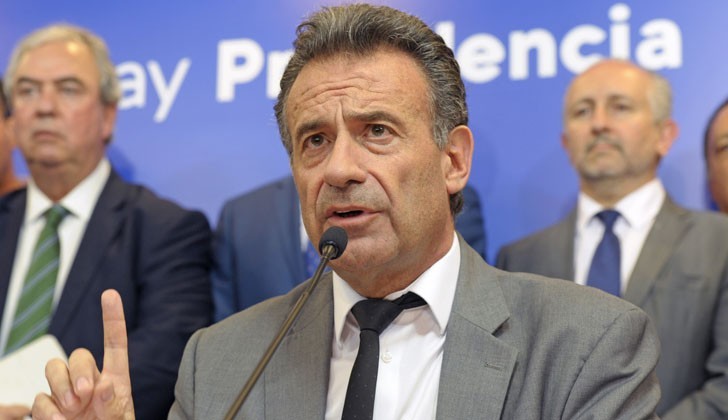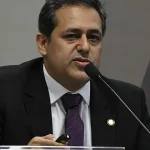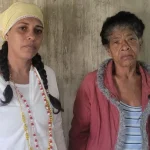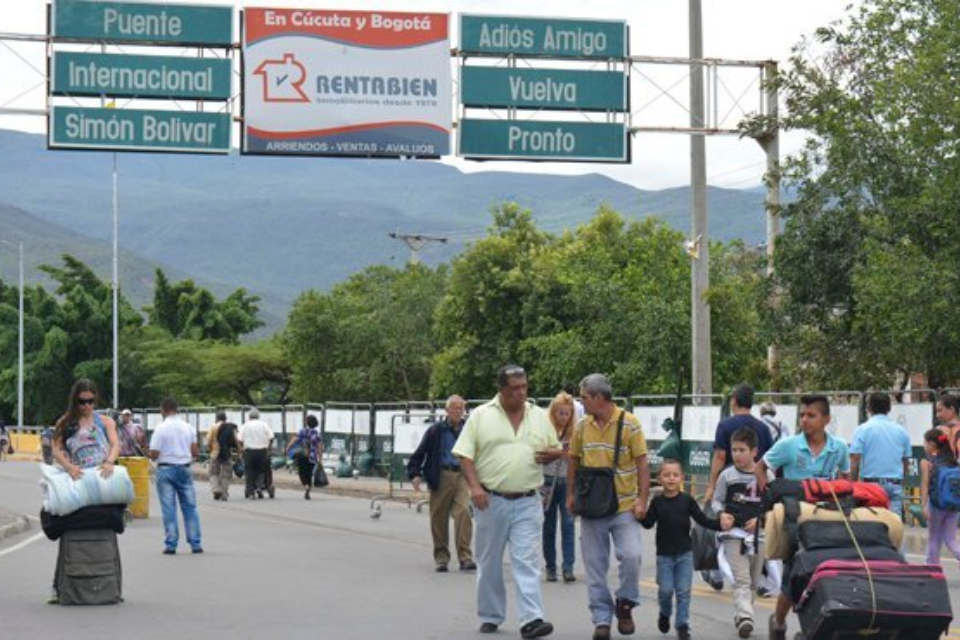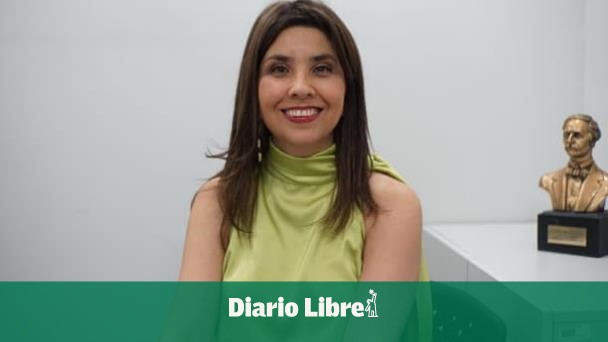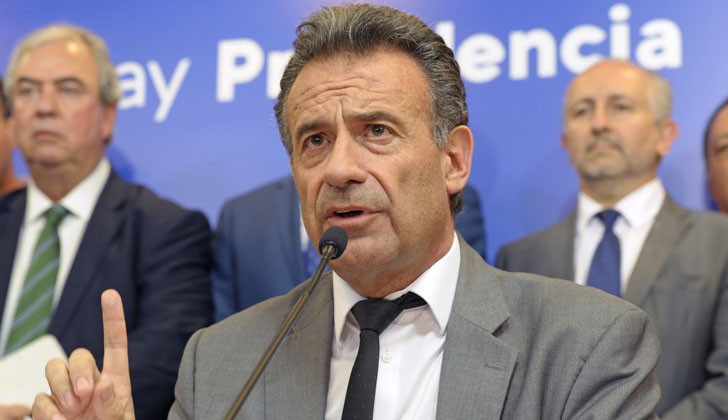
The Minister of Public Health, Daniel Salinas, announced that he will leave office on March 13, arguing a series of situations that caused wear and tear on his person. In an interview with The countrySalinas says that he began to study the possibilities that COVID-19 would arrive in Uruguay in January 2020 in order to avoid deaths.
He assures that if there was a delay in the vaccination plan, it was no more than 10 days because Pfizer was initially told that Uruguay was not interested in its vaccines. Salinas also mentions that Russia offered doses it never delivered. Regarding the future, he rules out being a candidate for vice president or the IMM and ensures that will not militarywill only vote for Town meeting.
Salinas indicates who leaves the MSP exactly three years after the declaration of the health emergency, and that he does it because he believes in renewal and that there are cycles. The Minister asserted in the conversation with the newspaper that he has complied with most of the proposals that he presented to the president and with the things that were promised by the coalition, and that think it’s time to go. Salinas was going to leave on March 3, but he stayed a few more days and decided to resign on March 13, the anniversary of the declaration of the health emergency.
When Salinas took office as Minister of Public Health on March 1, 2020, he was unclear about the magnitude of the pandemic, but he knew it could be something important. His brother, who is a grade 5 professor of immunology, and researches at the ANII and the Pasteur Institute, had alerted him to the issue. Salinas asked them if they could test in Uruguay, and they said yes. But they learned that, since the test involves two stages -extraction and amplification of the sample-, and they only did the amplification, at one point a bottleneck could be generated. So Salinas asked them to do extraction and amplification tests.
All this happened prior to the new government, between February 10 and 15. Salinas assures that he spoke with the Minister of Economy, Azucena Arbeleche, about the situation and that he also spoke with the CEO of the Pasteur Institute in Uruguay, Carlos Batthyány. With Batthyány he had a problem of funds for the national kit, which cost US$3,000. Salinas told him to pretend that the money was there, and the dean of the Faculty of Chemistry, Juan Cristina, contributed that sum from his funds.
Salinas also mentions that there were two difficult moments during his tenure. The first was on March 23, 2020, when the country had to be closed. The second moment was on April 30, 2020, when the President of the Republic, Luis Lacalle Pou, decided not to close the country despite the fact that Salinas and other ministers had recommended it.
The erosion and fatigue of fighting against pseudoscience
The leader and leader of the far-right militarist party, Cabildo Abierto, affirms that, in addition to the pandemic, having to row against the anti-vaccination and anti-science movements represented an erosion of his desire for the MSP.
“The pandemic played, and things that people receive. The affection of the citizenry (…), but also some manifestations, such as unpleasant situations in patriotic acts, of anti-vaccine groups. They are not something nice for one and for the family,” said the outgoing minister in an interview with the program In perspective.
On July 18, 2022, in an act to commemorate the Oath of the Constitution, he had a run-in with anti-vaccine movements. At the meeting, in Plaza Matriz in Ciudad Vieja, they treated him as a “genocide”, a “traitor” and a “seller”.
According to Salinas, style situations led him to ask himself: “Do I want this for the rest of my life?” “Do I want to continue with this lifestyle for the next 10 years or do I want to cultivate my family ties?” He asked again, remarking that “the life of a politician is very sacrificed.”
